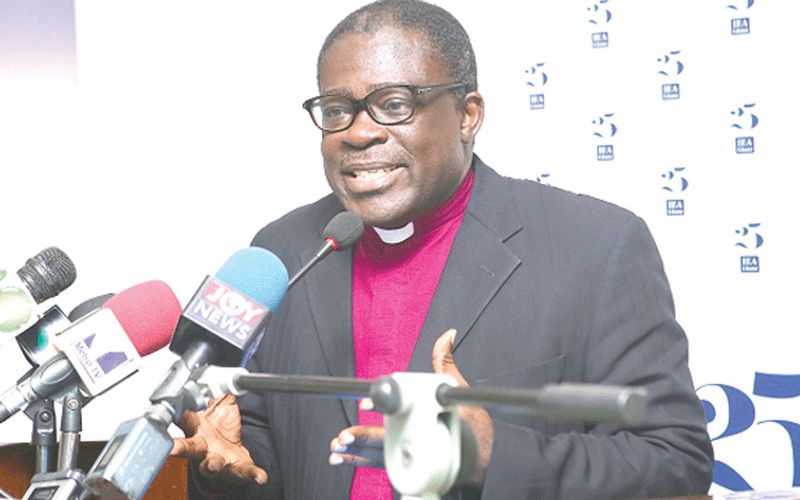Accra, 19 March, 2020 / 4:17 am (ACI Africa).
Following a presidential directive to suspend all public religious activities in Ghana for four weeks in a bid to contain the spread of COVID-19, a religious leader in the west African country has called for the setting of a new date for Easter celebration, expressing concerns that the suspension extends beyond the current date Easter Sunday, April 12.
In an interview with the press in Ghana, the Executive Director of the Alliance for Christian Advocacy for Africa, Rev. Dr. Kwabena Opuni Frimpong suggested that it is “a matter of utmost urgency that Christian leaders come together to set a new date for the period which is observed across the globe.”
“I am calling on all heads of churches including Ghana Catholic Bishops’ Conference, Christian Council, Ghana Pentecostal, Charismatic groups, to meet and fix Ghana’s date for the celebration of Easter,” said Rev. Opuni Frimpong.
The religious leader expressed concern over a situation where Christians in Ghana may miss the important liturgical celebration.
“Easter celebrations in Ghana must respond to the instruction of the president. It should be that the president has given instruction and because it falls on (12th) April, there will be no Easter celebrations in Ghana,” he said.








